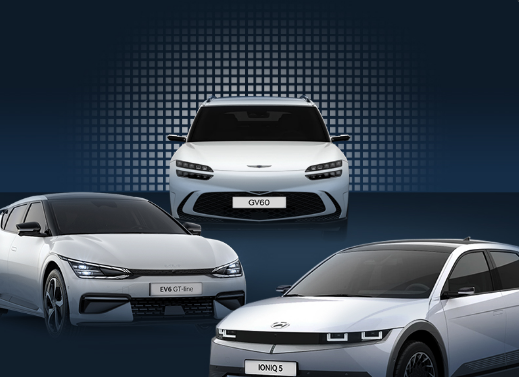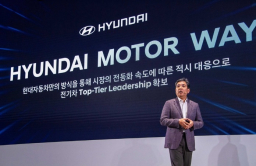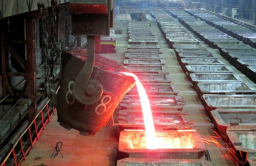-
KOSPI 2577.27 -2.21 -0.09%
-
KOSDAQ 722.52 -7.07 -0.97%
-
KOSPI200 341.49 +0.02 +0.01%
-
USD/KRW 1396 -2.00 0.14%
Hyundai to invest $398 mn in Korea Zinc for battery materials
Batteries
Hyundai to invest $398 mn in Korea Zinc for battery materials
Hyundai, Korea Zinc to cooperate on battery material supplies, recycling and new businesses; nickel to be supplied from 2026
By
Aug 30, 2023 (Gmt+09:00)
2
Min read
News+

Hyundai Motor Group, the global No. 3 automaker, is set to invest $398 million in Korea Zinc Inc., the world’s top lead and zinc smelter, for the battery materials business as the carmaker aims to increase its share in the rapidly growing electric vehicle industry.
Korea Zinc, which is expanding its battery materials business, said on Wednesday it decided to raise 527.2 billion won ($397.9 million) through a rights offering to HMG Global LLC, the group’s investment subsidiary in the US established by Hyundai Motor Co., Kia Corp. and Hyundai Mobis Co. HMG Global is set to secure a 5% stake in Korea Zinc through the deal.
“The rights offering is for a strategic partnership with HMG Global and its affiliates,” Korea Zinc said in a filing to a South Korean financial regulator.
The company and Hyundai Motor Group agreed to cooperate on the procurement of key battery materials and other areas such as recycling while jointly seeking the expansion of future businesses, according to the filing.
Korea Zinc and the South Korean conglomerate aim to establish a stable supply chain of nickel first while securing key materials meeting regulations under the US Inflation Reduction Act for EV tax credits, through joint purchases of minerals and investments in mine developments.
Nickel secured by their cooperation is to be gradually supplied from 2026.
Korea Zinc last year unveiled a plan to spend 9.7 trillion won ($7.4 billion) on battery materials, green hydrogen and renewable energy until 2030 to expand its business beyond non-ferrous metal smelting.
Hyundai Motor Group in June set out its vision to become a top-tier eco-friendly auto brand by accelerating its electrification. Hyundai Motor, South Korea’s top automaker, aims to sell 2 million EVs by 2030 and its affiliate Kia targets the sale of 1.6 million units of clean vehicles by then.
HYDROGEN BUSINESS
Separately, Hyundai Motor is considering taking over the hydrogen fuel cell division from its top shareholder and the group’s auto parts maker Hyundai Mobis to operate its own fuel cell business.
Hyundai Mobis currently supplies hydrogen fuel cell stacks produced by its wholly owned subsidiary Unitus Co. to the maker of the NEXO hydrogen fuel cell electric vehicle.
The business restructuring is predicted to allow Hyundai Motor to control the entire hydrogen business including production outsourcing, as well as research and development in order to integrate fuel cell capabilities within the group.
The automaking giant plans to start the business transfer process in 2024 after a completing legal and financial review this year.
“We aim to secure the economics of next-generation hydrogen fuel cell systems while improving R&D capabilities,” said a group official.
Write to Il-Gue Kim and Nan-Sae Bin at black0419@hankyung.com
Jongwoo Cheon edited this article.
More To Read
-
 Electric vehiclesHyundai Motor Way: New strategy to accelerate EV push
Electric vehiclesHyundai Motor Way: New strategy to accelerate EV pushJun 20, 2023 (Gmt+09:00)
-
 Corporate investmentKorea Zinc to invest $7.5 billion in green hydrogen, battery materials
Corporate investmentKorea Zinc to invest $7.5 billion in green hydrogen, battery materialsAug 09, 2022 (Gmt+09:00)


